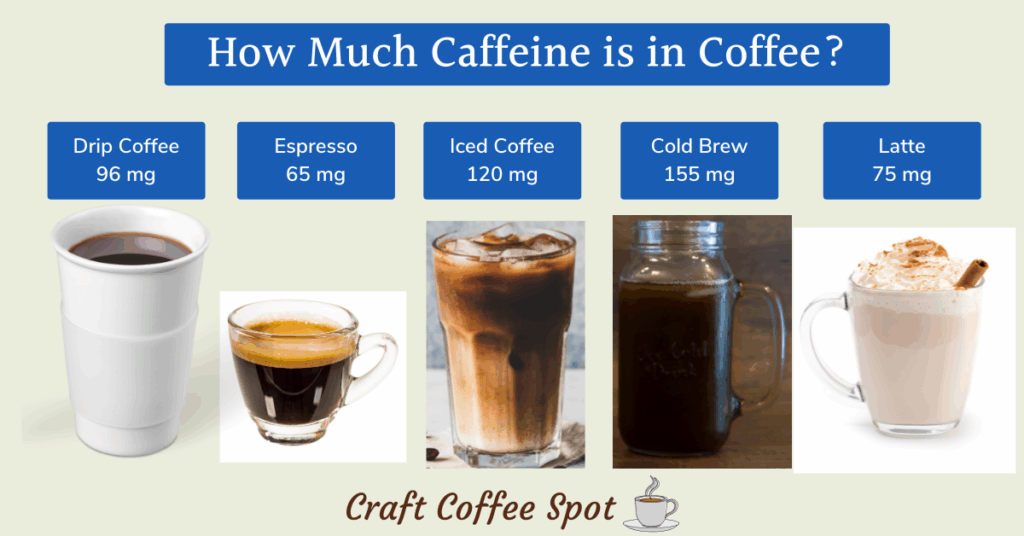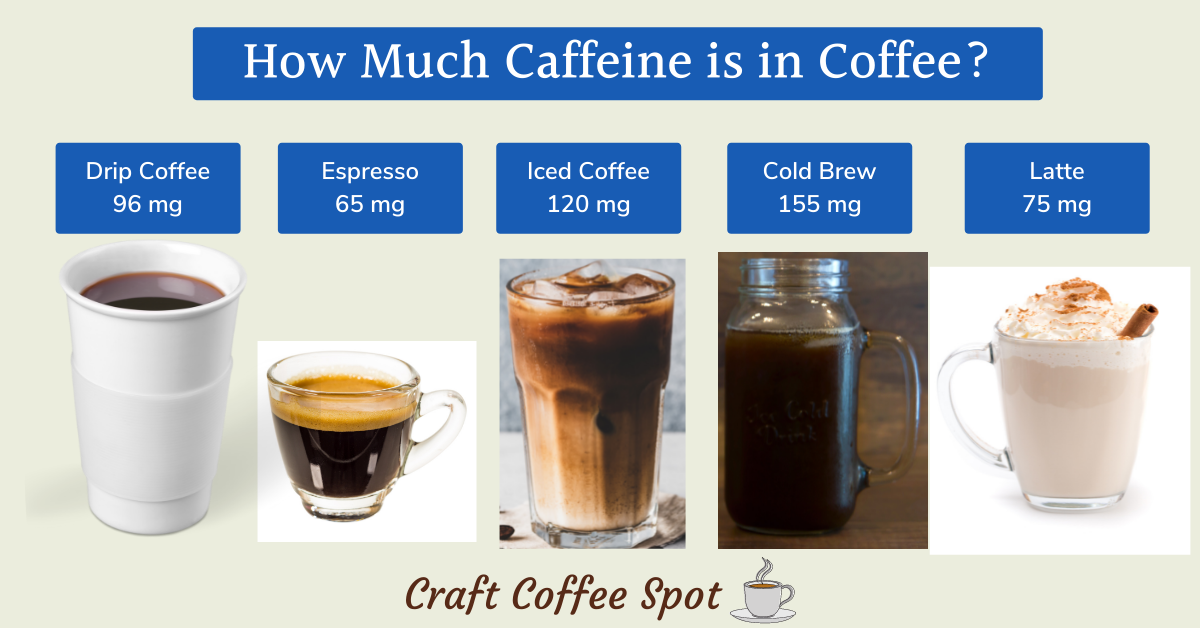
Coffee vs. Red Bull: A Caffeine Conundrum
In the fast-paced world we inhabit, the need for a quick energy boost is a common thread. Whether it’s to power through a demanding workday, fuel an intense workout, or simply stay alert during late-night studies, caffeine has become a staple for many. The two titans in this arena are undoubtedly coffee and Red Bull. But which one packs the bigger punch? The question of what has more caffeine coffee or Red Bull is not just a matter of curiosity; it’s a question with implications for your health, habits, and overall well-being. This article dives deep into the caffeine content of both beverages, exploring the science behind their effects and offering a balanced perspective on their consumption.
The Caffeine Landscape: Understanding the Basics
Before we delve into the specifics of coffee and Red Bull, it’s crucial to understand caffeine itself. Caffeine is a natural stimulant that affects the central nervous system. It works by blocking adenosine, a neurotransmitter that promotes relaxation and drowsiness. By blocking adenosine, caffeine keeps you alert and energized. The effects of caffeine can vary depending on individual factors such as metabolism, tolerance, and body weight. Some people are highly sensitive to caffeine, while others can consume large amounts without experiencing significant effects.
Coffee: The Brewed Champion
Coffee, in its myriad forms, from a simple drip brew to an elaborate latte, has been a cultural cornerstone for centuries. The caffeine content in coffee can vary significantly based on factors such as the type of coffee bean, the roasting process, and the brewing method. Generally, an eight-ounce cup of brewed coffee contains around 95 milligrams of caffeine. However, this can range from 75mg to over 200mg depending on these variables. Espresso, a concentrated form of coffee, typically contains a higher caffeine concentration per ounce, but the serving size is usually smaller.
Factors Influencing Coffee’s Caffeine Content
- Type of Bean: Arabica beans generally have less caffeine than Robusta beans.
- Roast Level: Darker roasts often have slightly less caffeine than lighter roasts, but this is a complex factor and not always definitive.
- Brewing Method: Methods like French press and cold brew can extract more caffeine than drip coffee.
- Serving Size: The amount of coffee consumed directly impacts caffeine intake.
Red Bull: The Energy Drink Innovator
Red Bull entered the market as a novel concept: an energy drink specifically designed to provide a quick energy boost. Red Bull, like other energy drinks, combines caffeine with other ingredients, such as taurine, B vitamins, and sugars. A standard 8.4-ounce (250 ml) can of Red Bull contains 80 milligrams of caffeine. This is a controlled dose, designed for a predictable effect. The addition of other ingredients, however, can potentially amplify the effects of the caffeine or produce other physiological responses.
Red Bull’s Formula and Its Impact
Besides caffeine, Red Bull’s formula includes:
- Taurine: An amino acid believed to enhance mental performance and reduce muscle fatigue.
- B Vitamins: Essential for energy metabolism and overall health.
- Sugars: Providing a rapid energy source, although this can lead to a subsequent crash.
Coffee vs. Red Bull: The Caffeine Showdown
So, what has more caffeine coffee or Red Bull? The answer isn’t always straightforward. As a general rule, a standard 8.4-ounce can of Red Bull contains less caffeine (80mg) than an average eight-ounce cup of brewed coffee (95mg). However, this is where the nuances come into play. A large coffee from a coffee shop could easily contain 200mg or more of caffeine. Additionally, the caffeine content in coffee can vary based on the brewing method and the type of bean used. Therefore, the amount of caffeine can vary greatly. It depends on the specific product and preparation.
To summarize:
- A standard Red Bull (8.4 oz) typically contains 80mg of caffeine.
- An average cup of brewed coffee (8 oz) typically contains around 95mg of caffeine, but can vary widely.
Beyond Caffeine: Other Considerations
While the caffeine content is the primary factor, other aspects differentiate coffee and Red Bull. The sugar content in Red Bull is considerably higher than in black coffee, which can contribute to energy crashes and other health concerns. Coffee, particularly if consumed without added sugar or cream, may offer some health benefits, such as antioxidants. Red Bull, on the other hand, is often criticized for its high sugar content and the potential for adverse effects from excessive consumption.
Health Implications: Moderation is Key
Regardless of whether you choose coffee or Red Bull, moderation is key. Excessive caffeine intake can lead to a range of side effects, including:
- Anxiety and nervousness
- Insomnia
- Digestive issues
- Increased heart rate
- Addiction and withdrawal symptoms
The Food and Drug Administration (FDA) suggests that 400 milligrams of caffeine per day is generally safe for healthy adults. However, individual tolerance varies. It’s crucial to listen to your body and adjust your intake accordingly. Pregnant women, individuals with heart conditions, and those sensitive to caffeine should be particularly cautious.
The Long-Term Effects: A Broader Perspective
The long-term effects of caffeine consumption are still being studied. While moderate caffeine intake is generally considered safe, excessive or chronic consumption may have implications for sleep patterns, cardiovascular health, and mental well-being. Furthermore, the habit of relying on caffeine for energy can mask underlying issues like fatigue, poor diet, or lack of sleep. It’s important to prioritize a healthy lifestyle, including sufficient rest, balanced nutrition, and regular exercise, as the foundation for sustained energy and vitality. The question of what has more caffeine coffee or Red Bull is just a starting point; the real discussion should be about how we manage our energy levels and overall health.
Making Informed Choices: Tips and Strategies
Making informed choices about caffeine consumption involves understanding your individual needs and preferences. Consider these tips:
- Monitor Your Intake: Keep track of how much caffeine you consume daily.
- Read Labels: Pay attention to the caffeine content of beverages and other products.
- Listen to Your Body: Be aware of how caffeine affects you and adjust your intake accordingly.
- Consider Alternatives: Explore alternatives to caffeine, such as herbal teas or exercise.
- Consult a Professional: If you have concerns about your caffeine consumption, consult your doctor.
The Verdict: Coffee or Red Bull?
So, what has more caffeine coffee or Red Bull? While a standard cup of coffee often contains more caffeine than a standard can of Red Bull, the answer is highly dependent on the specific product and preparation. The key takeaway isn’t necessarily about which one has more caffeine, but rather about making informed choices about your caffeine consumption. Both coffee and Red Bull offer a caffeine boost, but they come with different profiles and potential implications for your health. By understanding the caffeine content, considering the other ingredients, and practicing moderation, you can make choices that align with your health goals and lifestyle.
The ongoing debate about what has more caffeine coffee or Red Bull highlights a broader conversation about our relationship with stimulants and our pursuit of energy. By understanding the science behind caffeine and making informed choices, you can harness its benefits while minimizing the risks. Remember to prioritize your overall well-being and listen to your body’s cues. The responsible consumption of caffeine is a crucial element of a healthy lifestyle. [See also: The Best Coffee Brewing Methods for Maximum Caffeine] [See also: The Hidden Dangers of Energy Drinks] [See also: Caffeine Addiction: Symptoms and Solutions]


